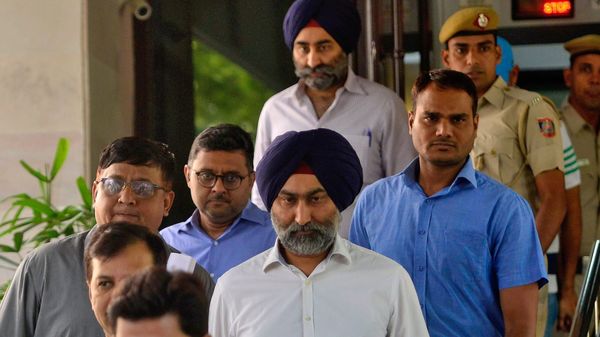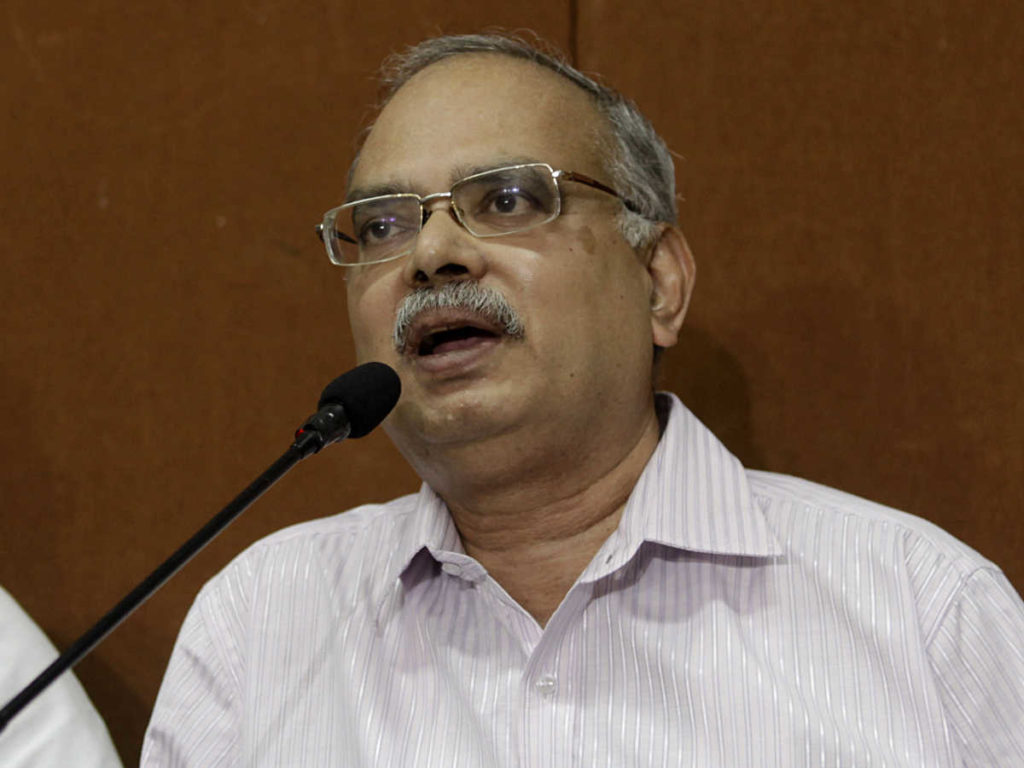
The arrest of billionaire brothers Shivinder and Malvinder Singh, once hailed as the Gen Next faces of India Inc, for gross misappropriation of funds is yet another blot on the corporate world’s image.
Just 10 years ago, it was a matter of immense pride for people to get a job at Religare Enterprises or Fortis Hospital. Today, many don’t want to touch them with a barge pole after a corporate fairy tale turned into a sordid saga of suspected corruption and financial fraud.
What is shocking is that this incident came close on the heels of another banking scandal that has spooked investors and the already-stressed financial sector: the Punjab and Maharashtra Co-operative (PMC) Bank scam. The crisis over allegations that the bank did not report all bad loans pushed the Reserve Bank of India (RBI) to impose a cap on withdrawals by depositors. The move threw depositors in disarray and reports emerged of the deaths of at least four account holders following the crisis.

What’s worse, the PMC scandal hit the banking sector while it was still struggling to deal with the shocks suffered after the Infrastructure Leasing and Financial Services Ltd (IL&FS) crisis and the Punjab National Bank fraud.
India is no stranger to corruption and financial fraud. But the scale of the recent scams stunned even the most hardened industry watchers. The country has some of the most stringent corporate governance laws in the world but it has still been rocked by some of the biggest financial scandals in its history in recent times which have severely dented India Inc’s image.
Each time there is a scam, the government, regulators and auditors, among other stakeholders, sit up and stress the need to reframe existing guidelines. But that’s a bit like locking the barn door after the horse has bolted. Already, the scale of the fraud is staggering: The banking sector’s non-performing assets (NPAs) sector ballooned to over Rs 10 lakh crore in March 31, 2018 from just Rs 7.11 lakh crore in March 2017. Of this, a large portion was due to wilful defaulters, which means that promoters of companies despite having the capacity to repay the debt, purposely did not repay the funds.
India first sat up and took notice of its corporate governance laws after a multi-crore fraud at the erstwhile Satyam Computers rocked India Inc a little over 10 years ago in January 2009. In a shocking revelation, its then promoter Ramalinga Raju disclosed a Rs 7,000-crore accounting fraud. Since then, the government has been focusing on strengthening corporate governance laws in a bid to boost the economy and encourage businesses to boom.
The Companies Act of 1956 was amended in 2013 bringing accountability and transparency in the functioning of companies, especially those which are listed on the bourses. Among other things, Issues dealing with accounting, the role of independent directors and promoters, as well as shareholders’ rights, were handled in depth. It provided more teeth to the Serious Fraud Investigation Office (SFIO) which could even arrest persons found guilty of corporate crimes. It dealt with issues such as insider trading and rights of minority shareholders. In case of financial crisis, rules for winding up companies were also laid down.
It seemed as if corporate India had finally become fool-proof.
The government has initiated processes which include regular scrutiny by tax authorities and banks on income earned, spends and even investments besides initiating know your customer rules along with mandatory quoting of Aadhaar and permanent account numbers for transactions.
The fact is nothing much has changed. Within months, the Kingfisher Airlines fraud hit headlines. The now-defunct airline promoted by Vijay Mallya was a tangled web of financial fraud which not only included non-payment of debt and service taxes but also employees’ provident fund payments. Mallya, who eventually fled the country in 2016, defaulted on loans worth over Rs 7,000 crore, of which of SBI’s exposure was Rs 1,600 crore.
The Kingfisher case threw up new challenges. It laid bare systemic corruption and breach of rules by multiple stakeholders, including finance ministry officials. Globally, the corporate and financial worlds have witnessed massive jolts such as the Enron scandal and Lehman bankruptcy, but India has a record of financial scandals that are rarely seen in other developing countries. At a time when India is being tipped as one of the world’s major global players driving global economic growth, these scandals can dull the sheen of the country’s companies. India is aiming to become a $5 trillion economy but is in the throes of an unprecedented slowdown that has hit most sectors from automobiles to manufacturing.
If one analyses each of these corporate frauds carefully, a simple conclusion comes through: It is immense greed that has been the driving force behind these scams. It is easy to blame the government of the day or the regulators for such scams. Corruption has been deep-rooted in our system. If you look at the rule books, there is little scope for errors. Know your customer guidelines for banks, board-level decisions for big-ticket loans, accountability of independent directors and auditors, tax scrutiny and many more are already printed in bold in our multiple rule books.
Prime Minister Narendra Modi had made weeding out black money and corruption a major poll plank in his 2014 election campaign. More than 2 lakh companies indulging in large-scale tax violations have been deregistered. He also announced tougher measures such as demonetisation and the goods and services tax to tackle corruption, but it’s a long and difficult road ahead.
